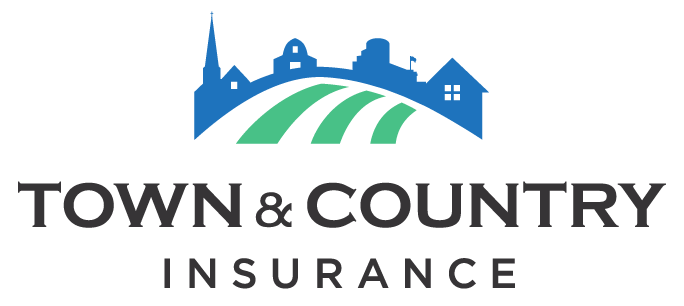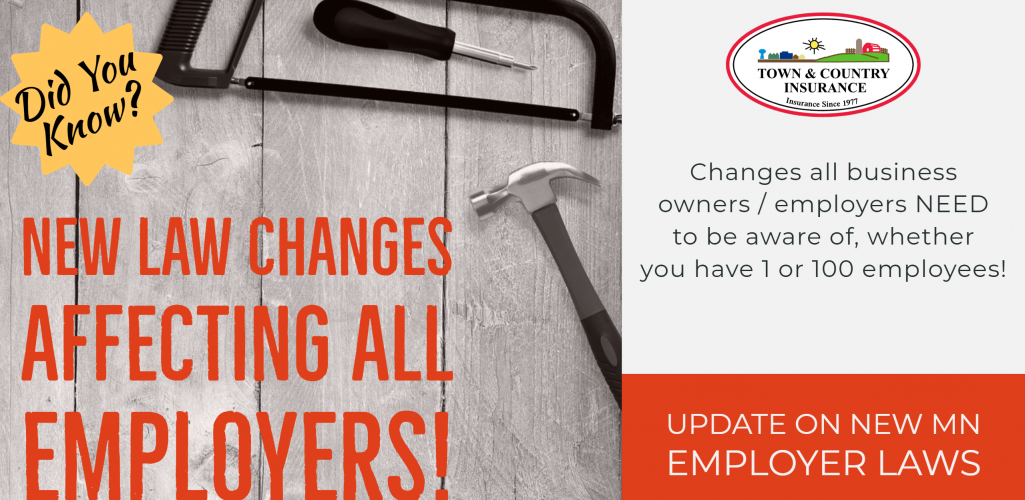Minnesota’s New Wage Theft Law
This new law amends existing MN state labor laws, and provides for new wage & hour requirements, protections & sanctions. While there has been little publicity surrounding the change, MN Employers are required to be in compliance effective July 1, 2019. Below is a summary of the changes outlined on the Minnesota Department of Labor & Industry website.
NEW NOTICE REQUIREMENTS
This is NEW information employers are required to provide in a Wage Disclosure Notice to employees when they start employment:
-
- Employee’s employment status & whether they are exempt from minimum wage, overtime and other state wage & hour laws, and on what basis (If they are exempt, what exemption – Administrative, Professional, etc.)
- Number of days in the employee’s pay period and the regularly scheduled payday
- Date the employee will receive the first payment of wages earned
- Employee’s rate (or rates) of pay and the basis thereof; including whether the employee is paid by the hour, shift, day, week, salary, piece, commission or other method and the specific application of any additional rates
- Allowances, if any, that may be claimed for permitted meals and lodging
- Provisions of paid vacation, sick time or other paid time off (PTO), how the paid time off will accrue and terms for its use
- A list of deductions that may be made from the employee’s pay
- Employer’s legal name and the operating name, if different
- Physical address of the employer’s main office or principal place of business and a mailing address, if different
- Employer’s telephone number
Employers are also required to keep a signed copy of this notice for each employee. While it must be provided in English, this notice must also include a statement in multiple languages, that informs employees that they can request the notice in another language; the employer must comply with if requested.
Employers are also required to provide written changes to any of the information in the notice to employees, prior to the effective date of the changes. This means ANY change to the above items will require a written notice to the employee.
Example: John Doe has a child and adds that child onto his employer-provided medical insurance policy. This change increases John’s premium, which is automatically deducted from his paycheck. John’s employer is required to provide a written notice to John outlining the changes, prior to the effective date.
Minnesota Department of Labor & Industry provides an example employee Wage Disclosure Notice here; employers can use the example or create their own.
NEW EARNINGS STATEMENT REQUIREMENTS
In addition to the already-required data provided on earnings statements (pay stubs), employers are now required to provide additional information, summarized below.
- Employee’s rate(s) of pay and basis thereof, including whether the pay is hourly, per shift, per day, per week, salary, per piece, commission or other
- Allowances claimed for permitted meals and lodging
- Employer’s telephone number
- Physical address of the employer’s main office, or principal place of business, and a mailing address if different
NEW RECORDKEEPING REQUIREMENTS
Currently, employers are required to keep records for three years – to demonstrate compliance with state wage & hour laws. Newly, these records should be readily available within 72 hours, should the Commissioner request them. If not available, the Commissioner may determine an amount of back wages due based on available evidence.
- Number of pieces completed at each piece rate (for employees paid at a piece rate) (NEW)
- A list of personnel policies with brief descriptions of each policy, along with the date provided to the employee (NEW)
- A copy of the Wage Disclosure Notice that is required to be provided to (and signed by) each employee at the beginning of their employment (NEW)
- A copy of any written changes (to the initial notice) provided to each employee (NEW) Note: It is not required that changes are signed by employees, but it is recommended.
OTHER NOTABLE CHANGES:
- Employers must pay all wages, including salary, earnings and gratuities (NEW) earned by an employee at least once every 31 days, and all commissions earned by an employee at least once every three months (NEW) on a regular pay date.
- An employer is prohibited from retaliating against an employee for asserting rights or remedies under the MN Fair Labor Standards Act, the MN Prevailing Wage Act, and certain provisions of the Payment of Wages Act, including filing a complaint with DLI or telling the employer of their intention to file a complaint. In addition, an employer that violates this is liable for a civil penalty in addition to other remedies provided by law. (NEW)
- The Responsible Contractor requirements have been amended to include prohibited wage practices and retaliation, payment of wages, and criminal wage theft (NEW), in the list of laws that contractors must verify they are in compliance with and have not violated in the past three years, to be considered eligible to bid on public contracts.
- Additional information regarding enforcement authority and penalties can also be found on the MN Department of Labor site, and you are encouraged to review the data in detail.
- Employers with employees in Minneapolis & St. Paul: You may be obligated to provide employees who work at least 80 hours within Minneapolis each year with paid sick leave. Check with your legal council on the current standing & compliance requirements.
Whether you employ a single employee or a full staff, you must take immediate steps to ensure compliance with these changes, as criminal provisions go into effect August 1, 2019. The MN Department of Labor & Industry website, your legal council, your accountant, and your insurance agent should be able to provide additional guidance and resources.
Source: MN Department of Labor & Industry




